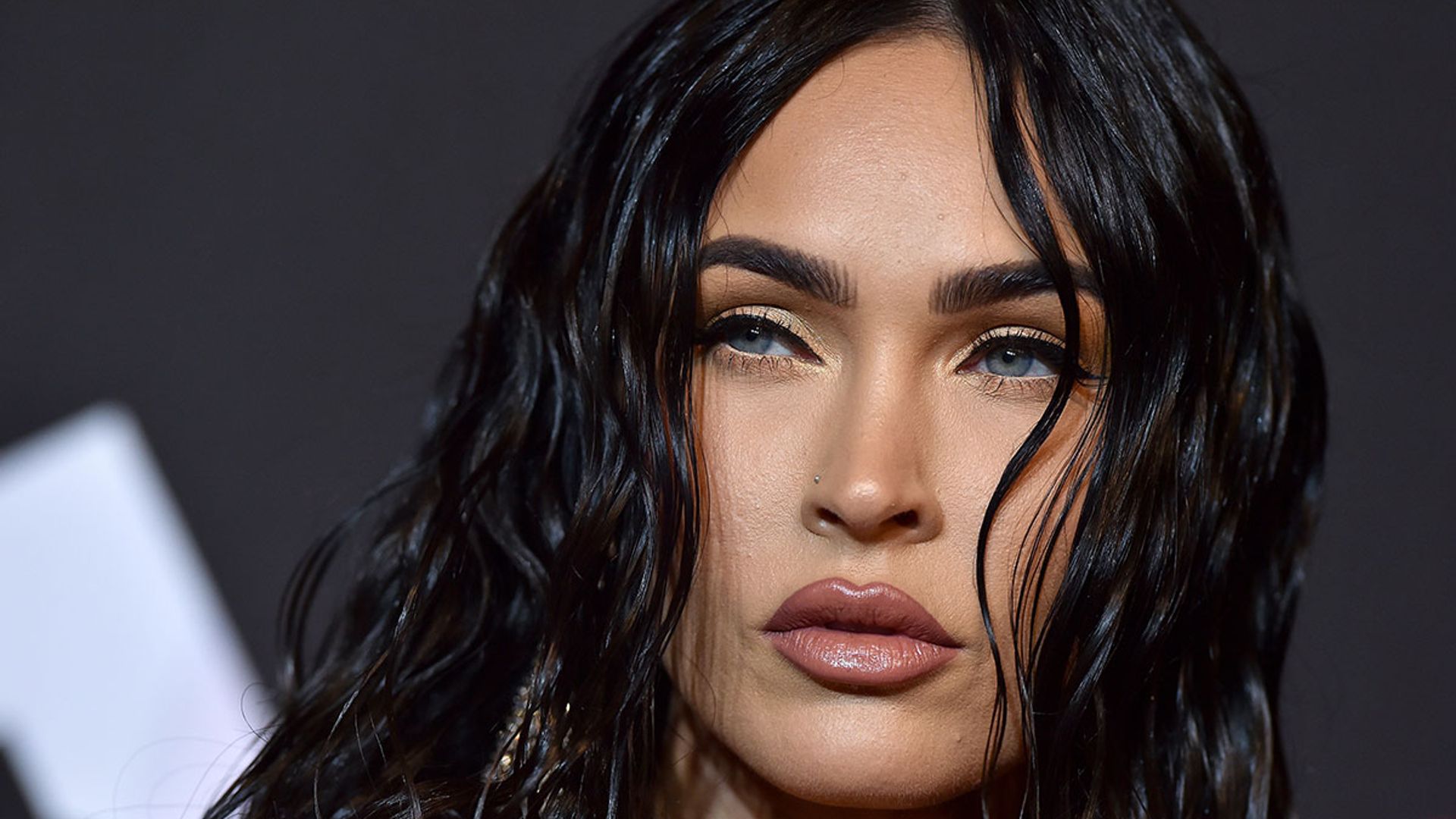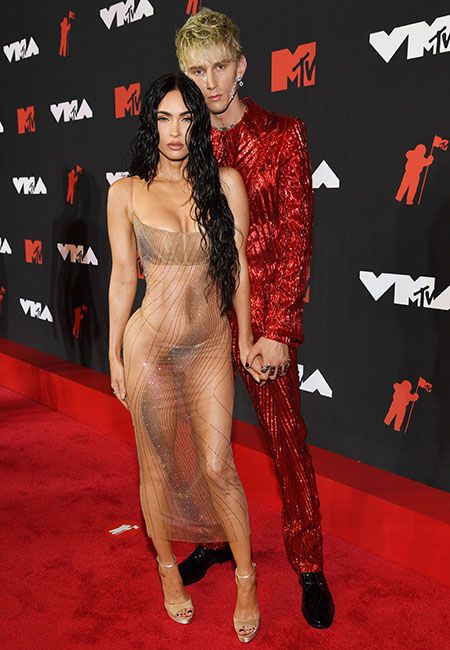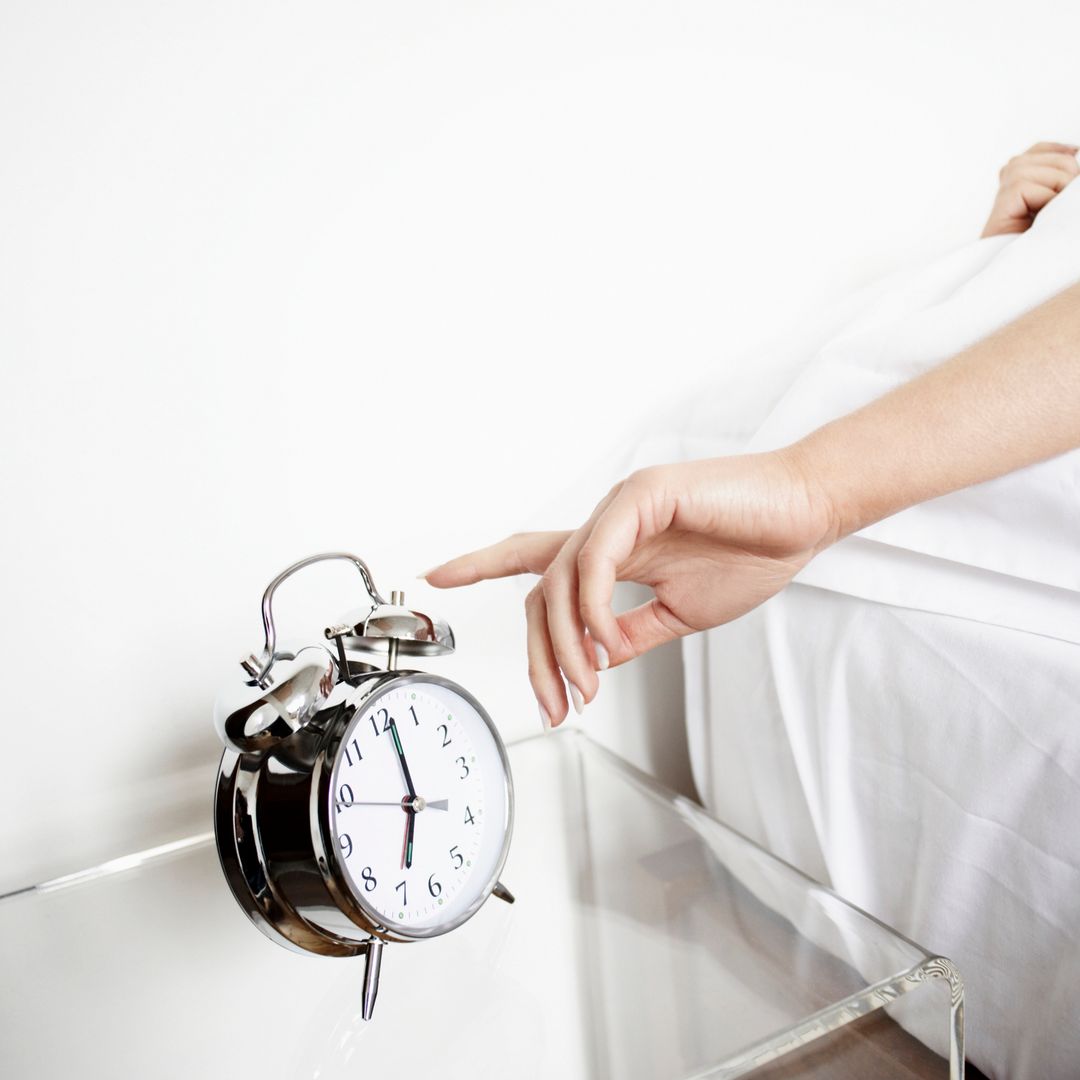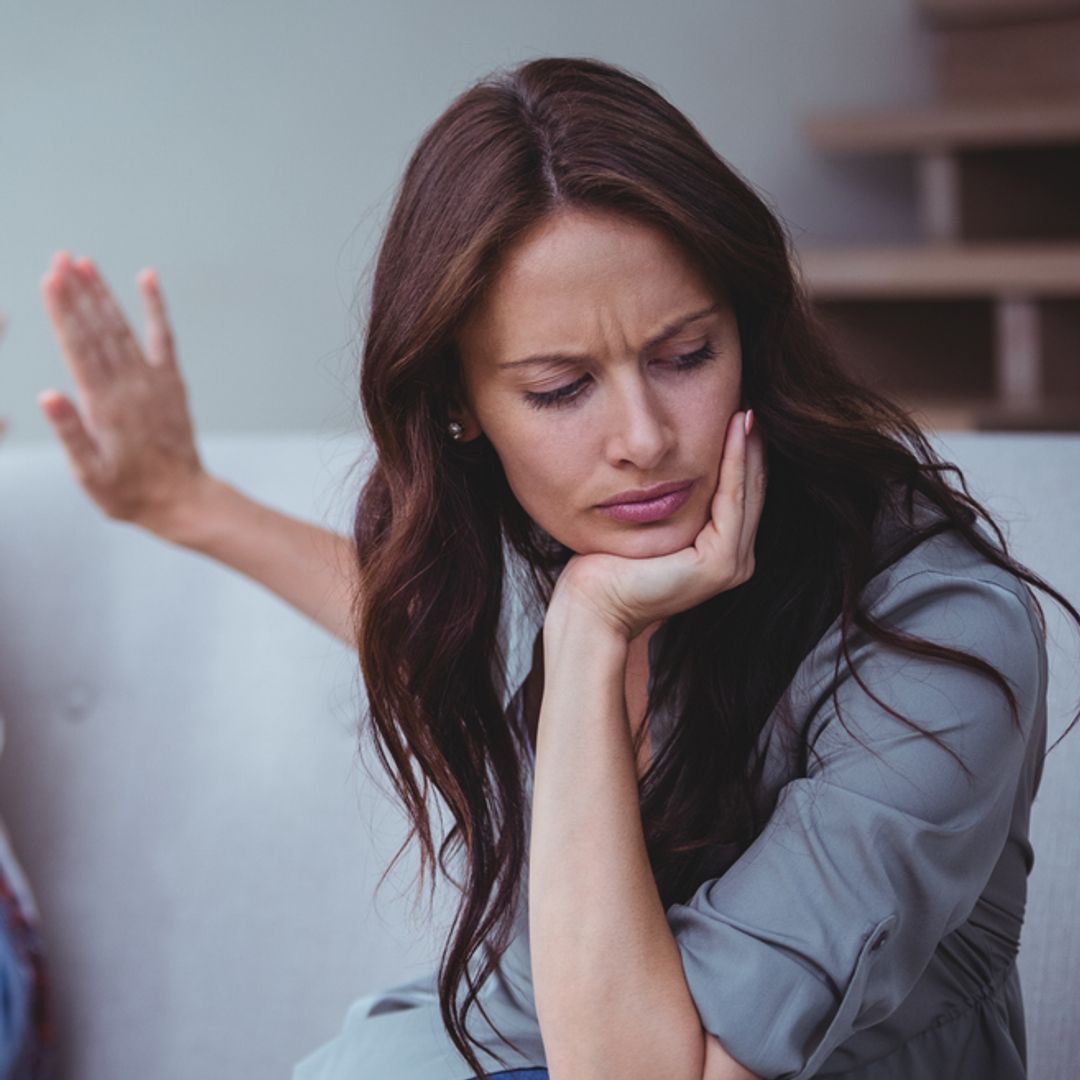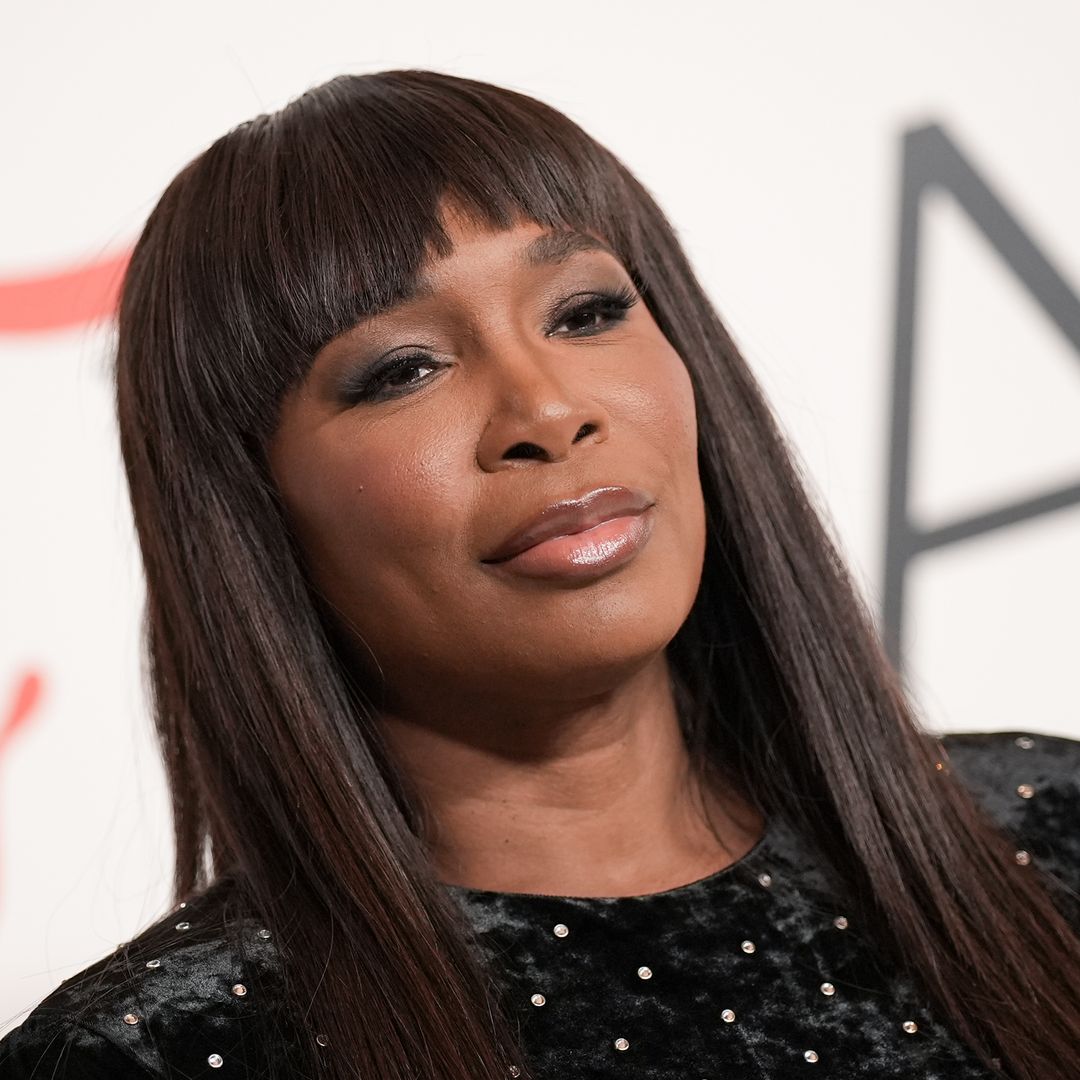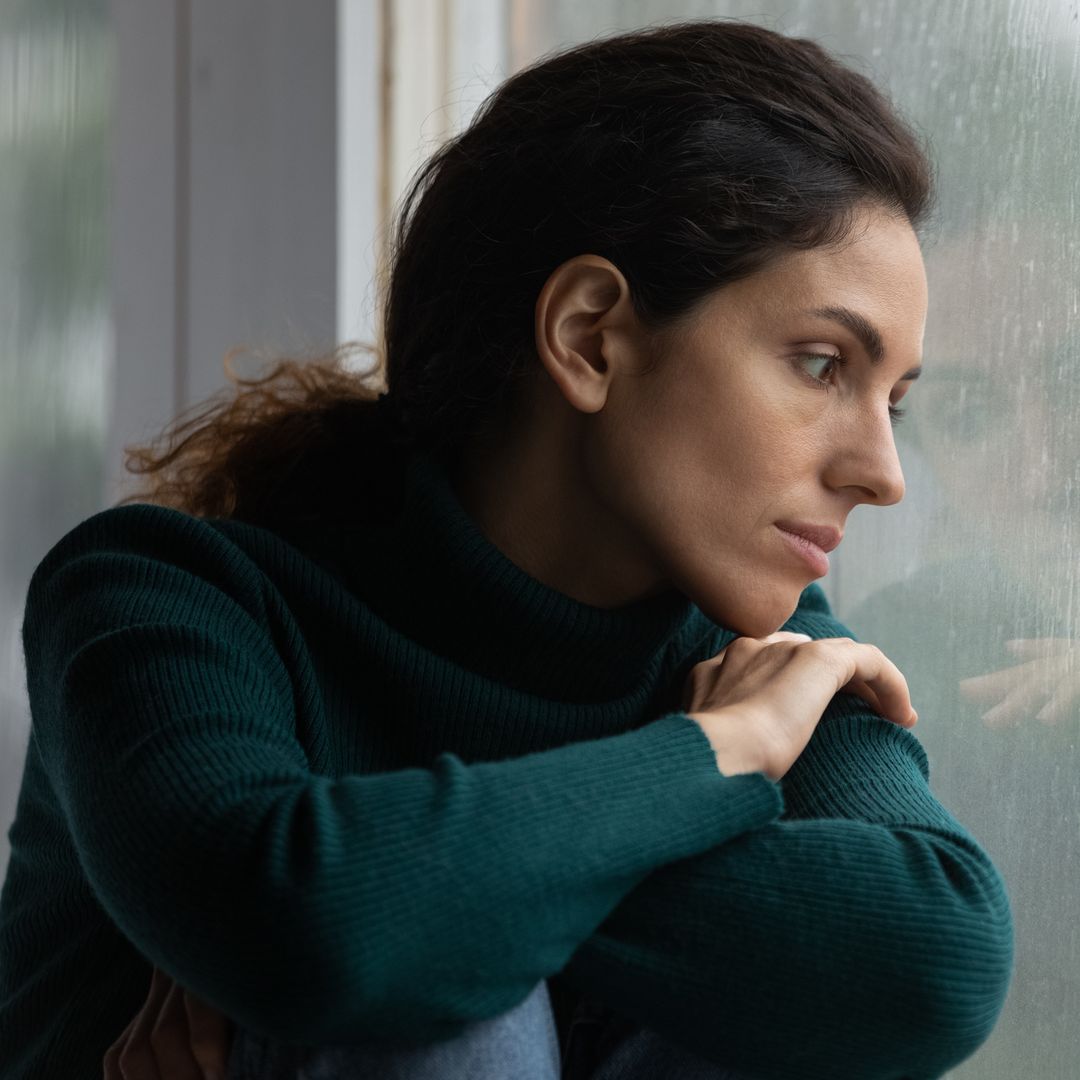Megan Fox might have been crowned the World's Sexiest Woman back in 2008, but apparently even she has her insecurities. In a new interview alongside her boyfriend Machine Gun Kelly with GQ Style, she shocked everyone when she revealed she has "body dysmorphia".
SHOP: Megan Fox's new Boohoo collection: 10 fashion editor-approved pieces to buy
Journalist Molly Lambert sparked the revelation when she said: "We may look at somebody and think, 'That person's so beautiful. Their life must be so easy,' But they most likely don't feel that way about themselves."
WATCH: Megan Fox opens up about reality of filming
Megan replied: "Yeah, I have body dysmorphia. I have a lot of deep insecurities."
She didn't go into any more detail about her battle, but the NHS explains that body dysmorphic disorder is "a mental health condition where a person spends a lot of time worrying about the flaws in their appearance. These flaws are often unnoticeable to others." It adds that the disorder can cause stress, anxiety or depression if left untreated through anti-depressants or cognitive behavioural therapy (CBT).
Naturally, Megan's fans have been particularly surprised to hear how Megan feels, and several have taken to Twitter to share their thoughts.
MORE: Megan Fox sets social media on fire in a cut out mini dress for an exciting announcement
MORE: Megan Fox and Kourtney Kardashian nearly broke the internet in daring new lingerie photos
Megan Fox is dating Machine Gun Kelly
One wrote: "I just find it shocking that one of the most symmetrically beautiful women in the world is insecure about her body." Another said: "If the most beautiful woman feels this way about herself then damn!" And a third explained: "Even people with the nicest bodies can have dysmorphia."
Megan's not alone, either. Various other celebrities have spoken out about battling with body dysmorphia, including Hayden Panettiere, Miley Cyrus, Sarah Michelle Gellar and Uma Thurman.
Billie Eilish is the latest star to have opened up about her experience. She said: "I've never felt comfortable in really tiny clothes. I was always worried about my appearance. That was the peak of my body dysmorphia. I couldn’t look in the mirror at all."
If you have been affected by this article or body dysmorphic disorder (BDD), you can find out more information via the NHS or the Body Dysmorphic Disorder Foundation.
Like this story? Sign up to our newsletter to get other stories like this delivered straight to your inbox.
